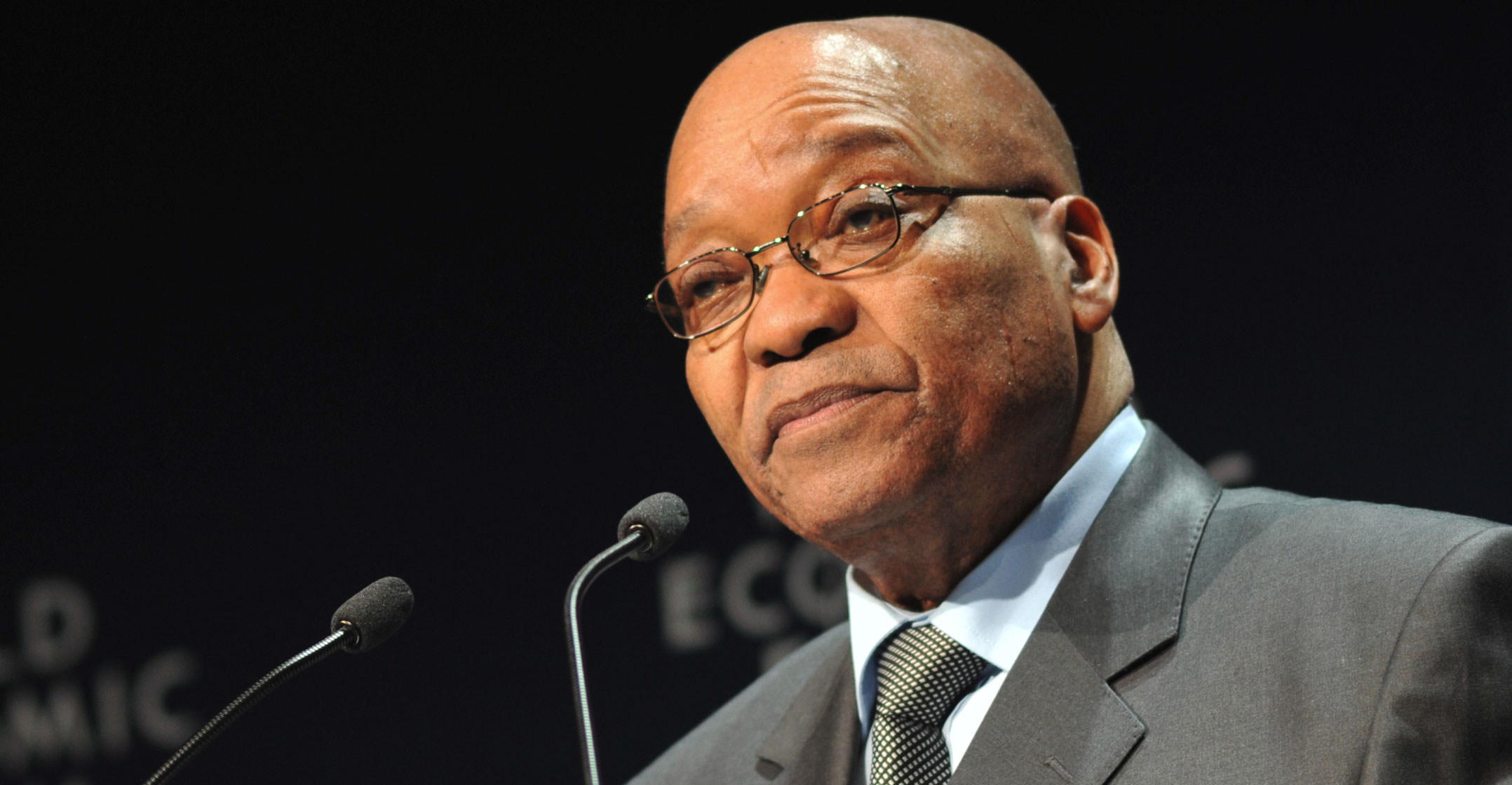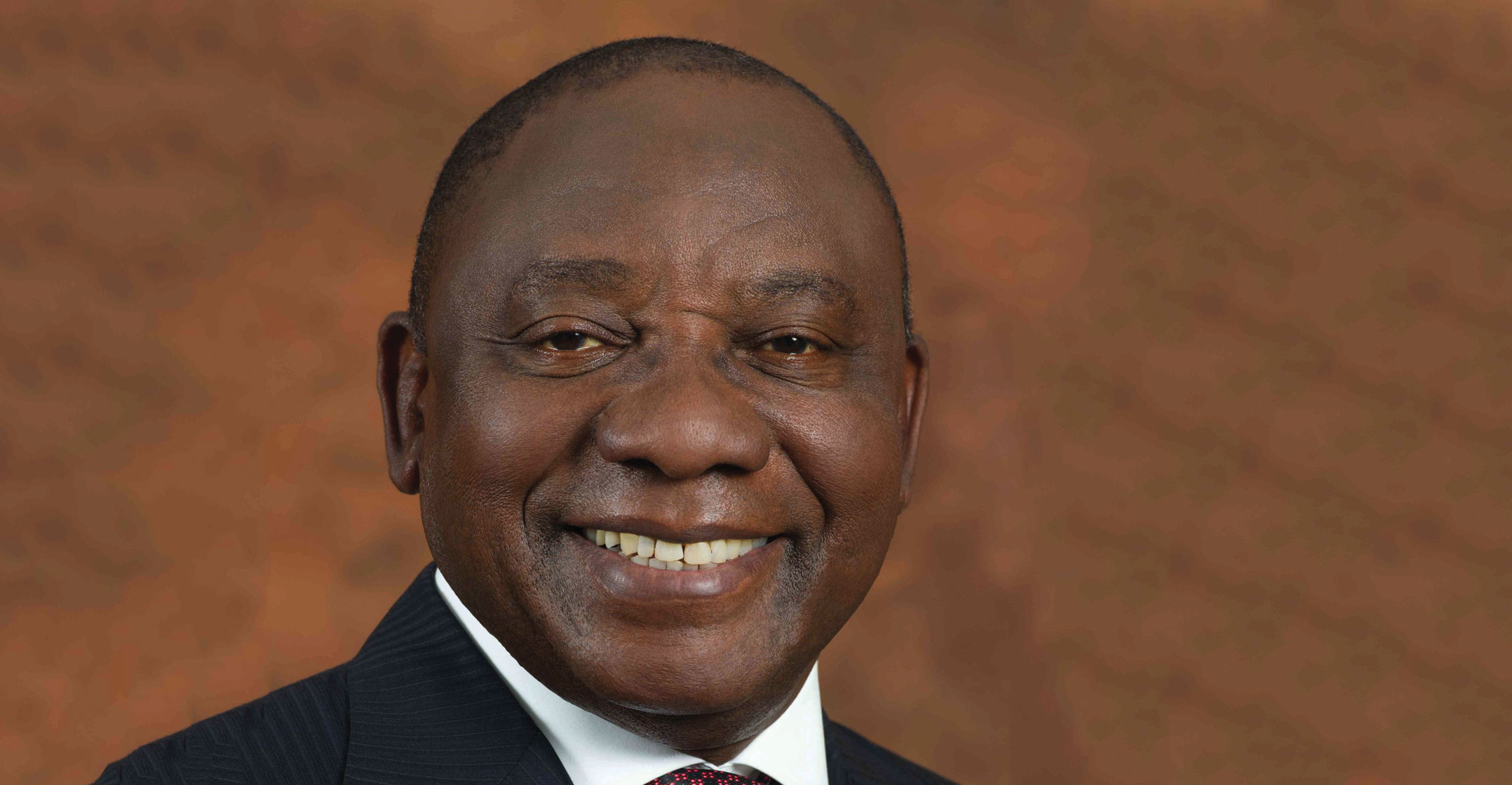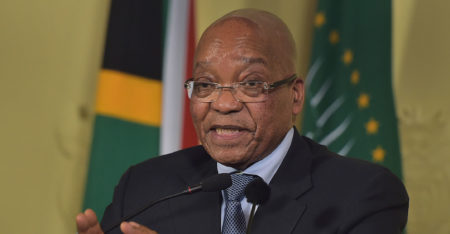
President Jacob Zuma narrowly overcame a bid by opposition parties to topple him through a no-confidence motion in parliament. The real loser may be his own party, the ANC.
Ruling party lawmakers rallied round Zuma, a 75-year-old former intelligence operative who’s been implicated in a series of scandals, to defeat the motion by 198 votes to 177. With support for the ANC waning as a result of Zuma’s misrule before elections in 2019, it’s a decision they may rue, according to Daniel Silke, director of Political Futures Consultancy in Cape Town.
“Zuma is a great political survivor, but this was a weaker-than-expected victory that will do nothing to stem the deep political malaise in which the ANC finds itself,” Silke said by phone. “The vote does not change the highly charged atmosphere that exists in the country and within the ANC.”
Under the stewardship of Zuma, who’s led the ANC since 2007 and the country since May 2009, South Africa has slipped into recession, lost its investment-grade credit rating and seen its unemployment rate reach a 14-year high. He’s clung to power because he continues to enjoy the backing of most of the ANC’s top leaders, who rely on him for their cabinet posts and government jobs.
The outcome of the vote weighed on the markets, with the rand slumping as much as 1.5% against the dollar after the vote outcome was announced. The currency edged lower to R13.41/US$ 7.33am on Wednesday in Johannesburg. Banks stocks had rallied on the expectation that Zuma would be ousted. It’s a public holiday in South Africa, and trading will resume on Thursday.
Divided
While the ANC has admitted that Zuma has divided the party — more than two dozen of its lawmakers voted in favour of the resolution to topple him — it insists it will resolve its differences internally. The ANC is due to choose a new leader in December, who will also be its presidential candidate in 2019.
“Zuma has been able to cling on by his fingernails, simply because the party prefers to put off the day of reckoning,” said Nicholas Spiro, a partner at London-based Lauressa Advisory, which advises asset managers. “These are the death throes of the ANC.”

Zuma has been dogged by controversy. South Africa’s top court ruled last year that he broke his oath of office when he refused to repay taxpayer funds spent on his private home. A report by the public protector in November said Zuma and some ministers may have breached the government’s code of ethics in their relationship with the Gupta family, who are in business with Zuma’s son. Zuma and the Guptas deny wrongdoing.
The scandals have opened fissures in the ruling party. Senior officials, including deputy President Cyril Ramaphosa, have spoken out against deepening corruption and the undue influence of private business interests over government institutions, known as “state capture”.
“That our own MPs voted for the motion worries us,” Jackson Mthembu, the ANC’s chief whip in parliament, said in an interview. “It means we must deal with a lot of internal issues including the allegations of state capture and corruption.”
The ANC’s succession race is likely to limit the ANC’s ability to address its shortcomings and heal its internal divisions. Zuma’s favoured successor is his ex-wife, Nkosazana Dlamini-Zuma, the former head of the African Union Commission. Her election could allow him to continue to wield significant influence over the party after he steps down.
A victory by Ramaphosa, the other frontrunner for the top post, may spark a renewed effort to remove Zuma as president.
Little to gain
Disgruntlement with Zuma’s leadership contributed to the party’s worst-ever electoral performance in a municipal vote in August last year and several of its senior leaders have warned that it’s in danger of losing its overall majority in 2019 elections.
Zakhele Ndlovu, a political science lecturer at the University of KwaZulu-Natal, said that while Zuma may be emboldened by surviving the no-confidence vote and gain additional sway over who succeeds him in December, the ANC had little to gain by backing him.
“It could still cost the ANC the votes of those people who feel that Zuma has done too much damage to the South African economy,” he said. “The opposition could try to exploit this and use it against the ANC to say the party is not serious about fighting corruption.” — Reported by Paul Vecchiatto, Amogelang Mbatha and Mike Cohen, (c) 2017 Bloomberg LP




